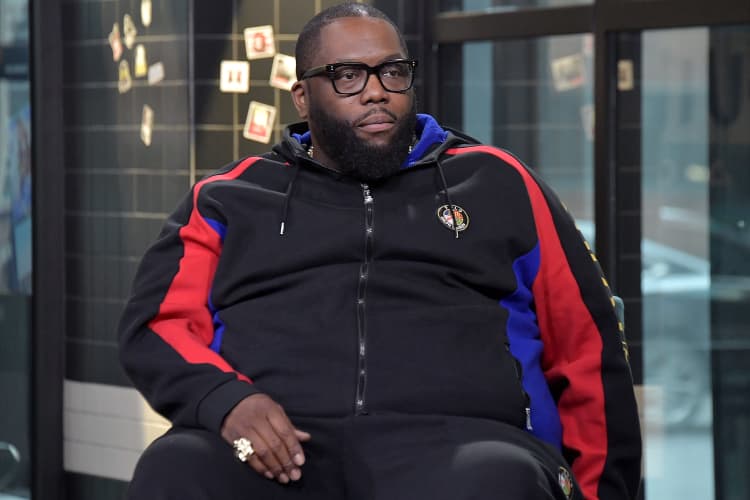Killer Mike, Meek Mill, 21 Savage, Chance the Rapper and more issue legal primer on rap lyrics to Supreme Court
“This is a work of poetry... it is not intended to be taken literally, something that a reasonable listener with even a casual knowledge of rap would understand.”

Back in 2014, when Pittsburgh rapper Jamal Knox was 19, he was accused of terroristic threats and intimidating witnesses; he was sentenced to 2-6 years in prison due to the lyrics of his song "Fuck The Police" (released under the pseudonym Mayhem Mal). That case is now being handled by the Supreme Court, who will decide whether Knox's first amendment rights were violated. Now, the New York Times reports that a group of prominent rappers have stepped in to assist Knox during his legal battle.
Leading the amici curiae were Killer Mike and professor Erik Nielson. Additional contributions were provided by Meek Mill, 21 Savage, Chance the Rapper, Yo Gotti, Fat Joe, Mad Skillz, Jasiri X, and Styles P. In the brief, submitted on Wednesday March 6, the amici aimed to provide a "primer" on rap music and how lyrics should not be interpreted literally. Included are examples from artists such as N.W.A. and Ice-T.
Research tells us that listeners unfamiliar with hip hop culture may have difficulty being reasonable when it comes to rap music because it often primes enduring stereotypes about the criminality of young black men, its primary creators. In the criminal justice system, the results of this racial bias are evident in the disparate treatment that people of color face at virtually every phase of the criminal justice process.
When it comes to rap, research reveals similar disparities. For example, rap is routinely introduced as evidence in criminal trials, where prosecutors will argue that lyrics should be interpreted literally. They are treated as confessions. They are offered as evidence of motive, intent, or identity with respect to a crime. They are deemed “true threats,” as in this case, and prosecuted as such. But '[m]usic, as a form of expression and communication, is protected under the First Amendment.'
The 24-page primer can be read in its entirety here.




